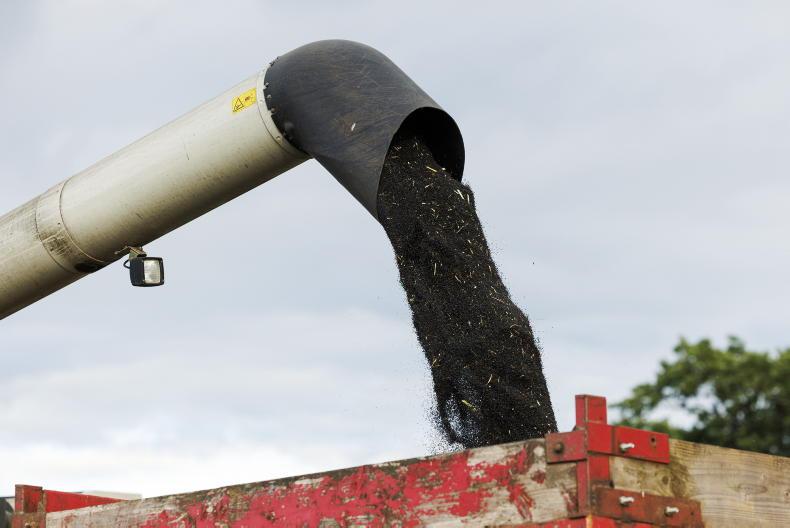Latest predictions suggest the Republicans will narrowly win control of the US House of Representatives but the Democrats will retain control of the Senate.
This is a significant win for President Joe Biden because many expected a large Republican victory in both Houses of Congress. That said, the Democrats seem to have lost their majority in the House, which will make it harder for the administration to pass its favoured legislation.
Counting is continuing in many places and there will be a runoff election for a Senate seat in Georgia. Having won Senate seats in Arizona and Nevada, Democrats have a Senate majority, even if the run-off in Georgia does not go their way.
It is not surprising that the Democrats lost some ground in the House of Representatives. In the past half century, the party opposing the sitting president has made gains in the US midterm elections three times out of four.
The 8% annual rate of increase in the cost of living in the US also drove voters towards the Republican Party. Inflation has wiped out some of the advantage the Democrats should have got from record rates of job creation, and from the passage of some important infrastructure legislation. On the other hand, the abortion issue increased the turnout among women voters and this worked to the Democrats’ advantage.
While voters may rank inflation as their number one issue, it is unclear what Congress can do about it. Indeed, some of the fiscal stimulus, given by Congress last year to mitigate the effects of inflation, may have actually overheated an economy that was already running up against capacity limits.
Not for the first time in history, anti-inflation measures have probably added to inflation.
Donald Trump played an outsized role in the Republican campaign
He personally endorsed individual Republican candidates in 200 individual races. These candidates did not do particularly well.
It appears that Trump can mobilise parts of the Republican base, some of which may not have voted at all in past elections. But meanwhile he has driven away centre ground voters with his divisive rhetoric.
While he has suffered a setback last week, Trump is a formidable, spontaneous, and instinctive campaigner, who gives a voice to deep-seated anxieties and prejudices shared by many Americans.
His ideas will probably shape the Republican message in the 2024 elections. That would hearten President Vladimir Putin of Russia. It would encourage him to persist with his war of attrition in Ukraine.
The bulk of the military aid to Ukraine has come from the US, rather than from Europe, even though Europe has more to lose from Russian success in Ukraine.
President Biden has said he intends to run for a second term. If so, we can expect a Republican majority in the House to launch hostile enquiries into his administration, which will absorb a lot of time unproductively. Already the legislative output of Congress is half what it was 30 years ago.
Rather than seeking a second term, President Biden might be better off seeking to promote his legislative agenda for the next two years, and devoting time to healing the deep ideological divisions that are weakening the Democratic Party.
US farm policy
A change of control in the House will lead to some modest changes in US farm policy.
Climate change mitigation will take a lower profile, but commodity price supports will continue, as will nutrition support programmes for poorer families, which provide a market for US farm products. Indeed more than half of the so-called US farm budget goes on nutrition supports for poorer people living in urban areas.
One area where Republicans will be conflicted is immigration.
The majority of US farm owners are Republicans. The Republican party nationally takes a hard line against immigration. But 75% of the hired workers on US farms are immigrants, and half of these are illegal.
If Republicans were to implement their rhetoric on immigration, many farms would have to close their present operations.
The new Republican chair of the House Agriculture Committee will probably be Glen Thompson for Pennsylvania. Interestingly, he does not come from a farming background. He worked in the health sector before being elected to Congress in 2008.
The chair of the Senate Agriculture Committee will be Debbie Stabenow, a Democrat. She is a Senator from Michigan, and a career politician, standing for election for the first time while still in college, and has served at every level of government.
The results of the midterm elections have been so close that neither party has a mandate for radical change, which may be reassuring for America’s allies.









SHARING OPTIONS